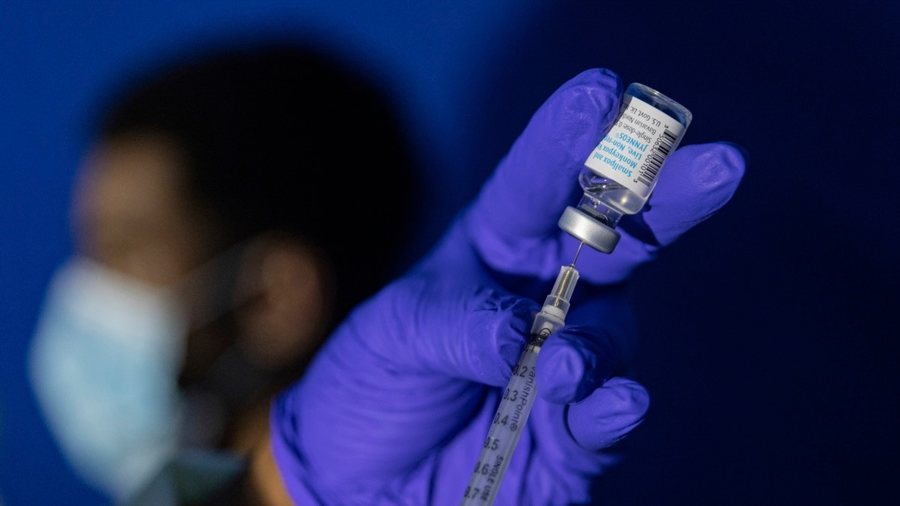
From February, the immunization of boys with the vaccine against the papilloma virus (HPV) will begin in Kosovo, after such a vaccine began to be administered to girls last year.
In a press conference, organized by the Ministry of Health and the National Institute of Public Health, it was said that since the start of the immunization process, 10,000 girls have been vaccinated against this virus.
The Minister of Health, Arben Vitia, said that starting the immunization of boys with the HPV vaccine is an essential step towards the prevention of serious diseases.
"HPV is a dangerous virus. Cancers that can be caused by this virus do not differentiate and vaccinating boys is an extremely important step to protect them from health consequences in the future", said Vitia.
According to him, HPV causes health problems in both boys and girls, as well as different types of cancer .
Last year, Kosovo added the HPV vaccine to the immunization schedule. Vaccinated girls are aged 11-12 years.
The same age group of boys is intended to be immunized, said the Ministry of Health and the IKSHPK, whose representatives called on parents to immunize their children.
The authorities announced that since they have been distributed nationwide, the doses of this vaccine will be given for free.
In parallel with the start of the immunization of boys, the vaccination of girls will also continue.
In 2022, Kosovo provided the first doses of the vaccine, the reception of which is recommended, but not mandatory.
Since the start of giving this vaccine, Fetije Fetaj, from IKSHPK, said that no case has been reported that had serious side effects.
According to a study previously done by the "Cancer Research" organization, based in Britain, the HPV vaccine reduces cervical cancer cases by almost 90 percent.
The World Health Organization says that HPV vaccines work best if they are administered before exposure to the papilloma virus.
The Mayo Clinic in the United States says the HPV vaccine gives the body a safe way to make the immune system aware of HPV. This means that it is easier for the body to clear traces of the virus if a person is later infected with it.
Meanwhile, the WHO recommends that girls between the ages of 9 and 14 be vaccinated with one or two doses. The same recommendation applies to girls and women aged 15 to 20 years.
WHO , meanwhile, recommends two doses, at an interval of six months, for women older than 21 years.
"A minimum of two doses and, when possible, even three doses remain necessary for those persons who are known to have a compromised immune system or are infected with HIV," the organization's recommendations state.
The WHO also says that in addition to vaccinating girls aged 9-14, before they start being sexually active, it is recommended that boys be vaccinated as well, when possible.
The US Centers for Disease Control and Prevention (CDC) says that the HPV vaccine is not recommended for people over the age of 26 .
However, vaccination of persons over 26 years old and up to 45 years old can only be done with the doctor's recommendation.
"The HPV vaccine provides little benefit in this age group for several reasons, including that more people in this age group may have already been exposed to HPV," the CDC website states.
In some countries of the Western Balkans, the HPV vaccine is on the mandatory vaccination schedule. The last country to add this vaccine to the calendar was Albania, in November 2022.
In September of the same year, Montenegro started administering this vaccine.
North Macedonia has had this vaccine on the calendar since 2013 and the vaccine is mandatory for the 12- to 26-year-old age group and is given in three doses.
HPV is also included in the vaccination calendar of Serbia. In this country, this vaccine is recommended, but not mandatory.
The HPV vaccine is also given in Bosnia and Herzegovina, although it is not mandatory./REL (A2 Televizion)











